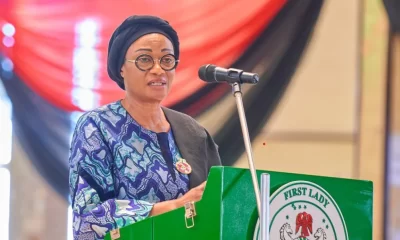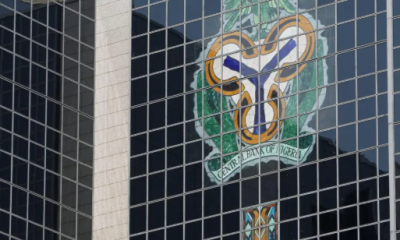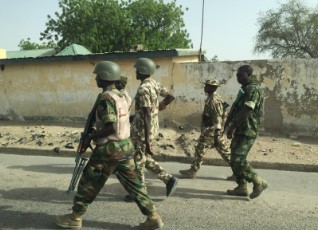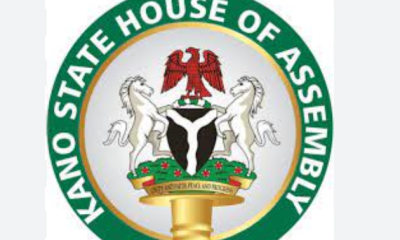Rising insecurity and uncertainty in policies have slowed investors’ appetite as the country lost a whopping N148.002 billion in capital flight arising from plunge in Foreign Direct Investment (FDI) between June and September 2019.
This translates to over 45 per cent drop when compared to the figure posted the quarter before.
Okwu Nnanna, Deputy Governor Economic Policy, Central Bank of Nigeria (CBN), who disclosed this recently at the sixth national economic outlook session put together by the Chartered Institute of Bankers of Nigeria (CIBN) in Lagos, said insecurity and the tepid recovery following the fall in oil prices – a trigger to the 2016 recession – have slowed investor appetite.
Thus, foreign direct investments, which have been on the slide since 2011, fell to $498.62m in Q3 2019 from $906.9m in Q2.
ALSO READ: Over 30 states in debt trap as Nigeria’s debt rises
“Similarly, portfolio inflow declined to $2.59bn in Q3, from $4.46bn in Q2 2019. Hot money is volatile and is subject to sudden reversal at the slightest swings in sentiment.”
The $1.87 billion plunge in portfolio inflow translates to about N678 billion loss of foreign portfolio investment (FPI) in the country in just three months.
The CBN deputy chief went further to say that up till 8th January this year, the external reserves could meet twelve month import obligations comfortably.
He observed that the primary obstacle that could stand in the way of macroeconomic stability was absence of fiscal buffers and Nigeria’s escalating unemployment level.
Nnanna nevertheless stated that the recent hike in Value Addedd Tax (VAT) rate and Sundry Stamp Duty was a right decision by government.

 Entertainment6 days ago
Entertainment6 days ago
 Entertainment3 days ago
Entertainment3 days ago
 Comments and Issues6 days ago
Comments and Issues6 days ago
 Business7 days ago
Business7 days ago
 Comments and Issues6 days ago
Comments and Issues6 days ago
 Health1 week ago
Health1 week ago
 Editorial Opinion1 week ago
Editorial Opinion1 week ago
 Health5 days ago
Health5 days ago













